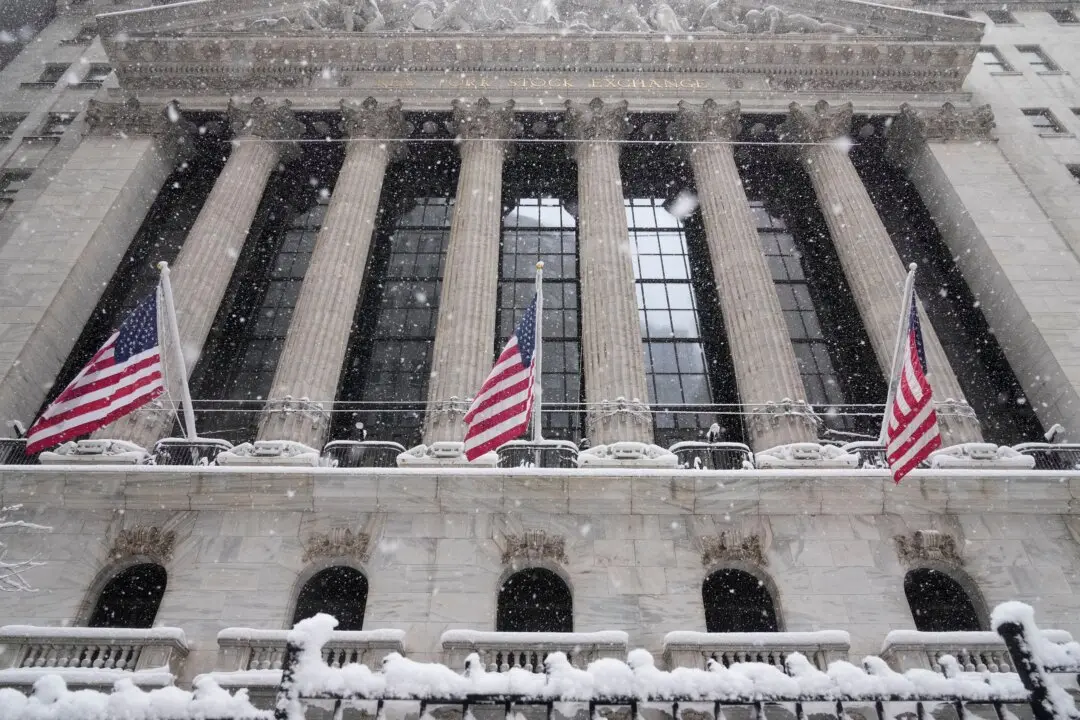Texas has turned into a mecca for Bitcoin and other cryptocurrency miners over the past year.
It might not appear to be a likely location for virtual token mining, but crypto professionals and billions of dollars in capital are flooding the southern state. This has led to a growing number of cryptocurrency communities across the state—and not only in Austin, Texas, which has been dubbed as a sort of Silicon Valley 2.0 in recent years.





